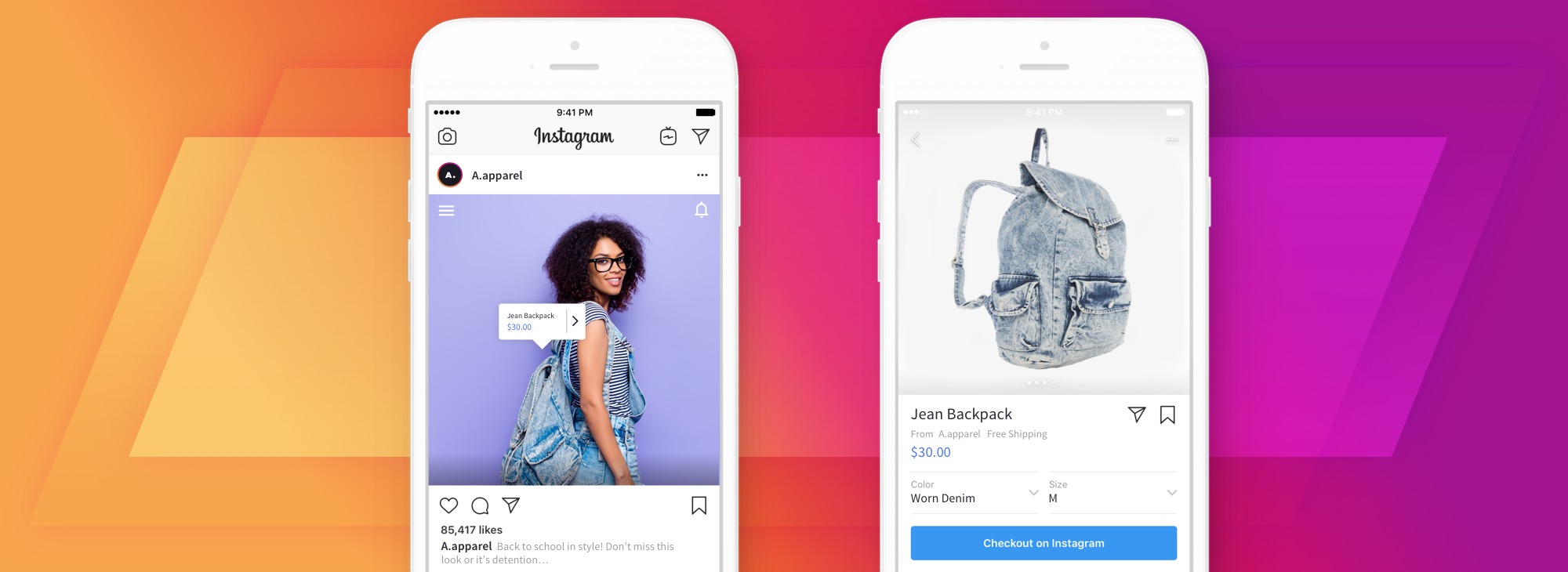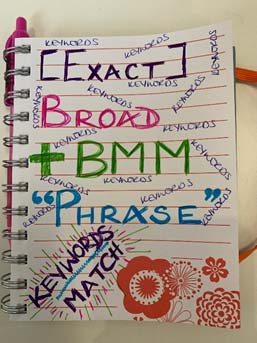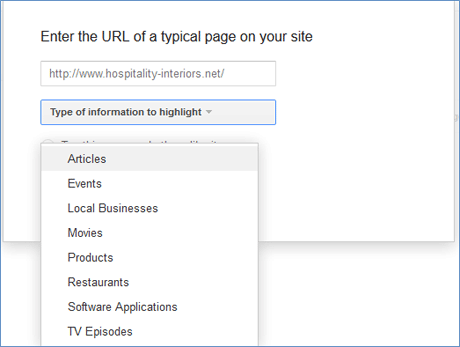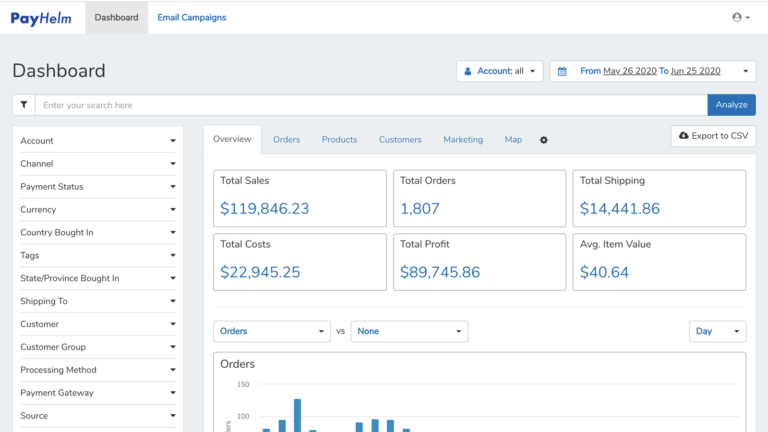
As of 2021, Instagram has 1 billion users worldwide. The platform has grown exponentially and has become a staple marketing channel for today’s merchants. And since the launch of Instagram Shopping in 2017, consumers can discover new products and view product detail pages to learn more.
With the implementation of Checkout on Instagram, shoppers are now able to make a purchase without ever leaving the Instagram app. This feature is available to all BigCommerce merchants in the US, making the path to purchase more convenient than ever with a secure and seamless experience across channels.
With so much opportunity available through Instagram Shopping, merchants need to be strategic about creating content that drives conversions. That’s why BigCommerce has pulled together a playbook of our top tips designed to create successful content.
And if you’re not already set up with Instagram Shopping via BigCommerce, follow these easy instructions to get started.
# 1: Use Product Tags Frequently
Every month, 130 million people tap on product tags to learn more about brands they see on Instagram. Product tags enable you to highlight products from your BigCommerce catalog and help customers learn more about what you’re selling. Using product tags is essential for giving shoppers an easy way to find your brand, but also to make a convenient purchase. Product tags should be a part of your baseline Instagram strategy, and you should leverage them whenever posting images of products.
Pro Tip: Facebook recommends posting images with product tags at least five times a month. In addition to tagging in your posts, you can also tag products in Instagram Reels and Stories, so don’t be afraid to get creative.
When shoppers tap the product tag on a post, they will redirect to a product detail page. A product detail page shows all relevant information about an item: pricing, descriptions and media (photos and videos). Product detail pages pull in all media where the product is tagged on Instagram, so shoppers can see how to utilize a product.
“When we started tagging our products, we saw a huge increase [in engagement] because [the response was], ‘Oh cute. I like that look. I want that for my niece, my grandma or brother.’ Then click… and people loved it because it took them immediately to where they wanted to go versus searching.”
– Rachel Smith, Founder of Pride Socks
How to tag your products on Instagram:
- Enable product tagging. When creating a post, tap “Tag Products” to open the tagging menu. Here you’ll be able to turn on this feature.
- Tag your product. Tap the photo you’d like to add product tags to, and be sure to select your BigCommerce catalog. Make sure you don’t overcrowd your content with tags so that people can see the items clearly.
- Review before you publish. Review the product tags you’ve selected, then tap “Done” to return to the feed post creation page.
#2: Keep Your Catalog Up to Date
You’ll need a product catalog to use product tags on Instagram, and having a robust one will help you be successful. Always consider the shoppers’ point of view: They see your post in their feed or discovery; they want to learn more and tap the image. They see the product tag and advance to the product detail page.
Important things to consider when updating your catalog:
- Inventory: Only products with inventory can be sold. To start selling products, update your catalog with accurate inventory counts (so you know when items sell out) and product category codes (for taxes).
- Product names: Keep product names concise and consistent with your website.
- Product descriptions: Include the item description, including length, materials, cut and size considerations. For non-US sizes, remember to include size conversions.
- Sizing: For products that need sizing consideration, make sure details are precise. If a product has multiple sizes, ensure you have inventory for each size.
- Pricing: Make sure the price is accurate and consistent with your website.
- Shipping Fees: You have the option to set different types of shipping fees, including free shipping minimums at various service levels. Put your shipping options in your Commerce Manager settings.
Pro Tip: Without more images or videos to swipe through on a product detail page, shoppers can easily churn. Provide at least two photos of the product.
#3: Make Your Content Actionable
Consumers engage with shoppable posts and videos throughout the app. Regularly creating engaging and actionable posts about your products across posts, Reels and Stories can help amplify your reach while building shopping behaviors.
- Use clear calls to action to inform consumers how to shop for your products on Instagram.
- Update your Instagram profile to let shoppers know that they can buy from you directly on Instagram. For example, adding phrases like “Start shopping below” to your profile will help clarify that visitors, especially new customers, understand they can shop your product directly via Instagram.
#4: Plan Your Posts Ahead
Identify what cultural moments matter to your brand and your audience, then create content relevant to those moments. This planning ahead will not only be beneficial for your upcoming product launches and announcements, but helps establish an emotional connection with customers and build brand affinity.
Want to learn more about Instagram Shopping?
Here are some resources resources to help get you started:
For more expert insights on how to sell seamlessly across channels, download our 2021 Omnichannel Guide.






